Can Aging Be Reversed? The Groundbreaking Research That Could Change Everything
What if we told you that scientists may have discovered a formula capable of reversing aging? For years, researchers have been diving deep into the complexities of genetics and cellular rejuvenation, and they are now on the verge of groundbreaking breakthroughs that could redefine our understanding of aging. But can science truly turn back the clock? Join us as we explore the exciting advancements in anti-aging research and uncover whether the dream of youthful vitality is finally within our grasp!
Scientists have been trying to understand the aging process for many years.
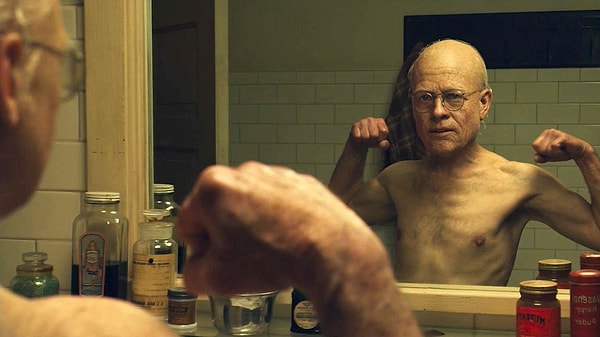
This has led to significant research focused on finding ways to slow down and even reverse aging. Hold on tight, because there have been promising advancements in this area. Let’s take a closer look at the groundbreaking discovery made by Dr. David Sinclair, co-director of the Paul F. Glenn Center for the Biological Mechanisms of Aging at Harvard Medical School, and his colleagues, which was published in Cell on January 12, 2023. After 13 years of research, geneticist Dr. David Sinclair and his team finally answered the question of what triggers aging.
After 13 years of research, geneticist Dr. David Sinclair and his colleagues answered the question of what triggers aging.

In the study published in Cell, Sinclair described the 'aging clock' of cells that can accelerate or reverse aging. Scientists studying aging initially discussed what drives the aging process in cells. They then focused on mutations in DNA that can disrupt a cell's normal processes and trigger cell death over time. However, this theory was inconsistent with the fact that the cells of older individuals are often not filled with mutations, and those carrying a greater burden of mutated cells do not age prematurely.
Therefore, Sinclair turned his attention to another part of the genome known as the epigenome.
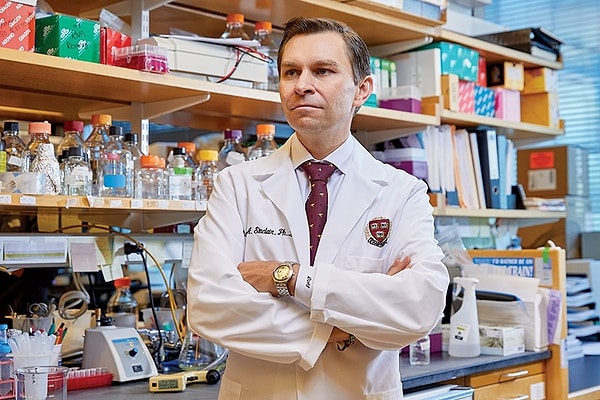
Since all cells share the same DNA blueprint, the epigenome is what allows skin cells to become skin cells and brain cells to become brain cells. Epigenomes give different instructions about which genes will be activated and which will remain silent, facilitating this transformation into different cell types.
"The underlying cause of aging is not just the accumulation of damage, but the loss of information in cells."

In their Cell article, Sinclair and his team argue that they could not only age mice on an accelerated timeline but also reverse the effects of aging and restore some biological signs of youth to the animals. This reversibility suggests that the primary drivers of aging are not mutations in DNA but rather errors in epigenetic instructions that have somehow gone awry. The results of the studies seem to support Sinclair's theory.
Working with mice, Sinclair and his team mimicked the effects of aging on the epigenome by creating breaks in the DNA of young mice.
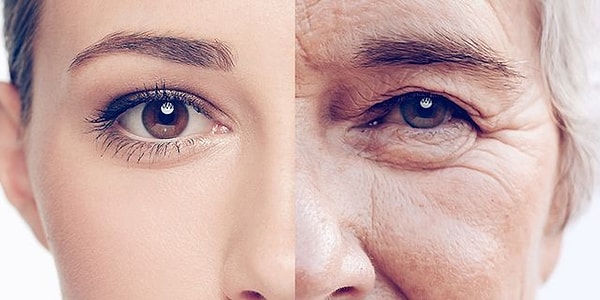
After the mice were ‘aged’ in this way, Sinclair observed that they began to show signs of disease within weeks. The reboot process was achieved through gene therapy involving three genes that provide cells with instructions to reprogram themselves. Sinclair did not aim to completely erase the cells' epigenetic history; it was enough to reset the epigenetic instructions. Using three out of four factors was sufficient to rejuvenate the mice, effectively turning back the clock by approximately 57%.
"We are not creating stem cells; we are reversing time so that they can regain their identities. However, we have yet to find a type of cell that we cannot age forward or backward."
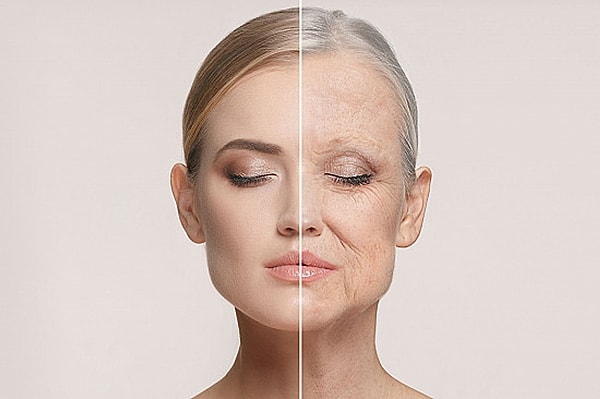
So, will this process work in humans? Sinclair and his team are currently testing the system on non-human primates. The system is being tested in the lab with human neurons, skin, and fibroblast cells that contribute to connective tissue. Sinclair stated in 2020 that the process they applied was beneficial for age-related vision impairments. The current results suggest that the system could be applied not just to a tissue or organ but to the entire body. Sinclair mentions that since gene therapy can be directly injected into the eye area, the first condition used to test this reversal of aging in humans would be eye diseases.
"We can use this system to rejuvenate parts of the body, and I hope we can create revolutionary medicines."

This development could mean that many diseases, including chronic conditions like heart disease and neurodegenerative disorders like Alzheimer’s, could be significantly treated by reversing the aging process that leads to these diseases. 'Now, when I see an older person, I no longer view them as elderly; I see them as someone whose system needs a reset. It’s no longer a question of whether rejuvenation is possible, but when it will happen.'
So, when will reversing aging be possible?
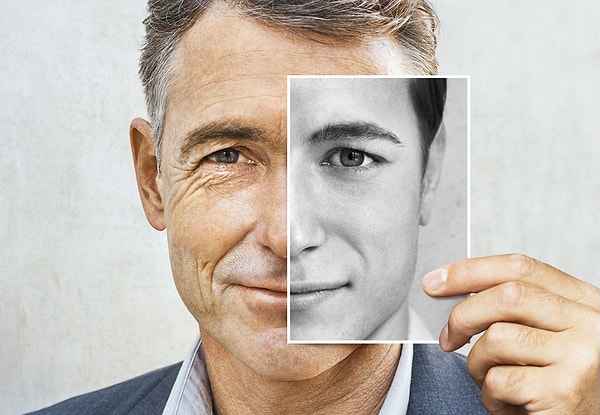
Although reversing aging is still a distant goal, as you can see, research in fields like regenerative medicine, genetics, and cellular rejuvenation is promising.
Keşfet ile ziyaret ettiğin tüm kategorileri tek akışta gör!


Send Comment